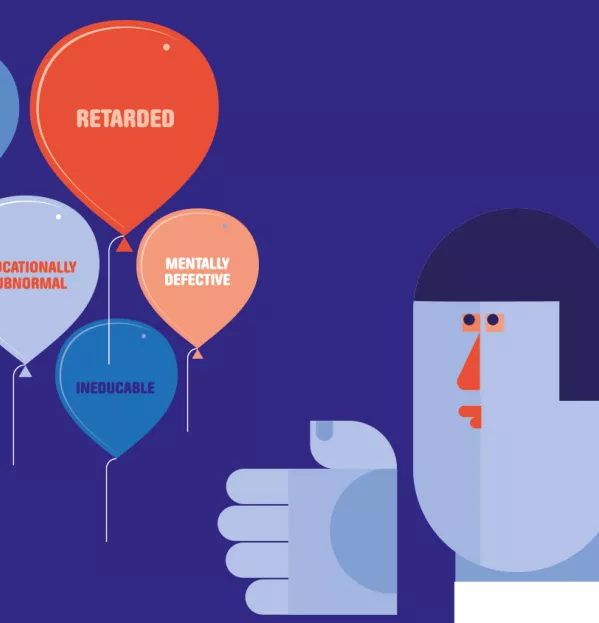Back in November 1971, Labour backbencher Doris Fisher asked Margaret Thatcher, who was the secretary of state for education and science at the time, to consider an ambitious inquiry into “the whole field of special education”. Thatcher declined, claiming that it would not be helpful.
Three years later, Fisher tried again. By then, the law had changed. Steady lobbying had resulted in children with severe learning difficulties or disabilities finally winning the right to formal education. Thatcher now agreed that the time was “ripe” for an expansive enquiry into special education.
It was not “ripe”: the Report of the Committee of Enquiry into the Education of Handicapped Children and Young People, chaired by Mary Warnock and published in May 1978, was very long overdue. The introduction to the report claims that the last such body to have terms of reference anywhere near as broad was the Royal Commission on the Blind, the Deaf and Dumb and Others, which reported in 1889.
There has not been a more broad-ranging report into special educational needs and disability since the Warnock inquiry. It remains the most comprehensive review of SEND to be commissioned by a UK government. Its scope included categorisations of SEND; education in mainstream, special, independent, residential and hospital schools; relationships between families, health and social services; and the roles of colleges, universities and teacher training.
It followed in the wake of changing social attitudes towards disability and was conducted as British politics became increasingly neoliberal. These socioeconomic influences are visible in the inquiry’s terms of reference, which asked the committee to “consider the most effective use of resources” to prepare young people with disabilities for “entry into employment”.
The committee responded by setting out a coherent case for improving the quality of special education and for forms of schooling that embodied social acceptance. The report asserted the hard-won rights of those with SEND “to have the usual choices of association, movement and activity”: from working and contributing “materially to the community”, to travelling “without fuss on public transport”, and having “a social life and a love life”.
The committee’s recommendations soon found a legislative home in the 1981 Education Act, which included the first qualified duty to include children with SEND in mainstream schools. It also introduced the system of statutory assessment (or “statementing”), the basic machinery of which was proposed by the committee.
Inclusive ideas
The recommendations visualised lifelong inclusion and that young people would be supported to attend “ordinary” college courses. Universities and polytechnics were advised to develop admissions policies for students with SEND. Industrial Training Boards would encourage employers to provide employment and training opportunities for people with disabilities, including routes into teaching.
The report used the now-contested language of “integration” to describe inclusive ideas and approaches. While integration implies a sense of pupils adapting to the school, the committee’s vision required schools to do the adjusting. Its findings provided the first major challenge to the medical model of disability, where impairments and differences are portrayed as intrinsic to the individual and the cause of disadvantage and lower quality of life.
But one of the inquiry’s most significant achievements was transforming how we talk about disability. In the inter-war period, official terminology categorised children with SEND as “mentally defective”, “backward” or “retarded”. Post-war, pupils with learning difficulties were “ineducable” and “educationally subnormal”.
Warnock concluded that such labels were not just unhelpful for identifying an individual’s educational needs, but amounted to a life sentence. The inquiry popularised the term “special educational needs” and consigned the most pernicious labels to history.
Not only has much of the report, including parents’ right to appeal decisions, endured, but elements of the 2014 SEND Code of Practice reforms were presaged by the committee. For example, the notion that provision and services should extend to the age of 25; and the recommendation that councils maintain an “up-to-date handbook of local special education provision” - a nascent “local offer”.
You cannot overestimate how much this report changed education and how far it now underpins much of what we do when it comes to SEND. This report was, and remains, relevant because it marked a fundamental shift in discourse on special needs and disability, and accelerated progress towards inclusive approaches to education.
Our role is now not to replace it but to move it on. We need to debate the key ideas once more and assess what inclusion will look like 40 years from now. We also need to decide, as a profession, what inclusion really means.
Rob Webster is a senior researcher at the Centre for Inclusive Education, UCL Institute of Education

